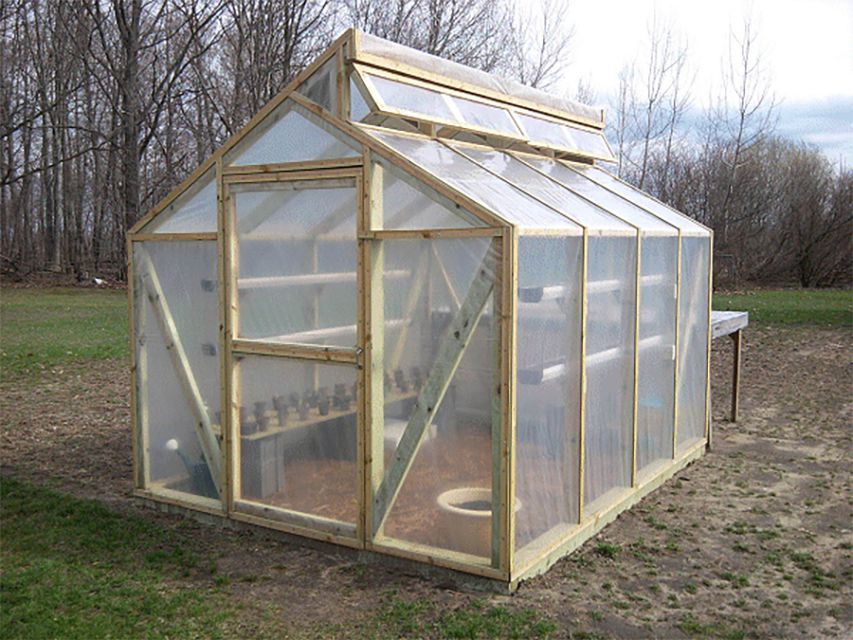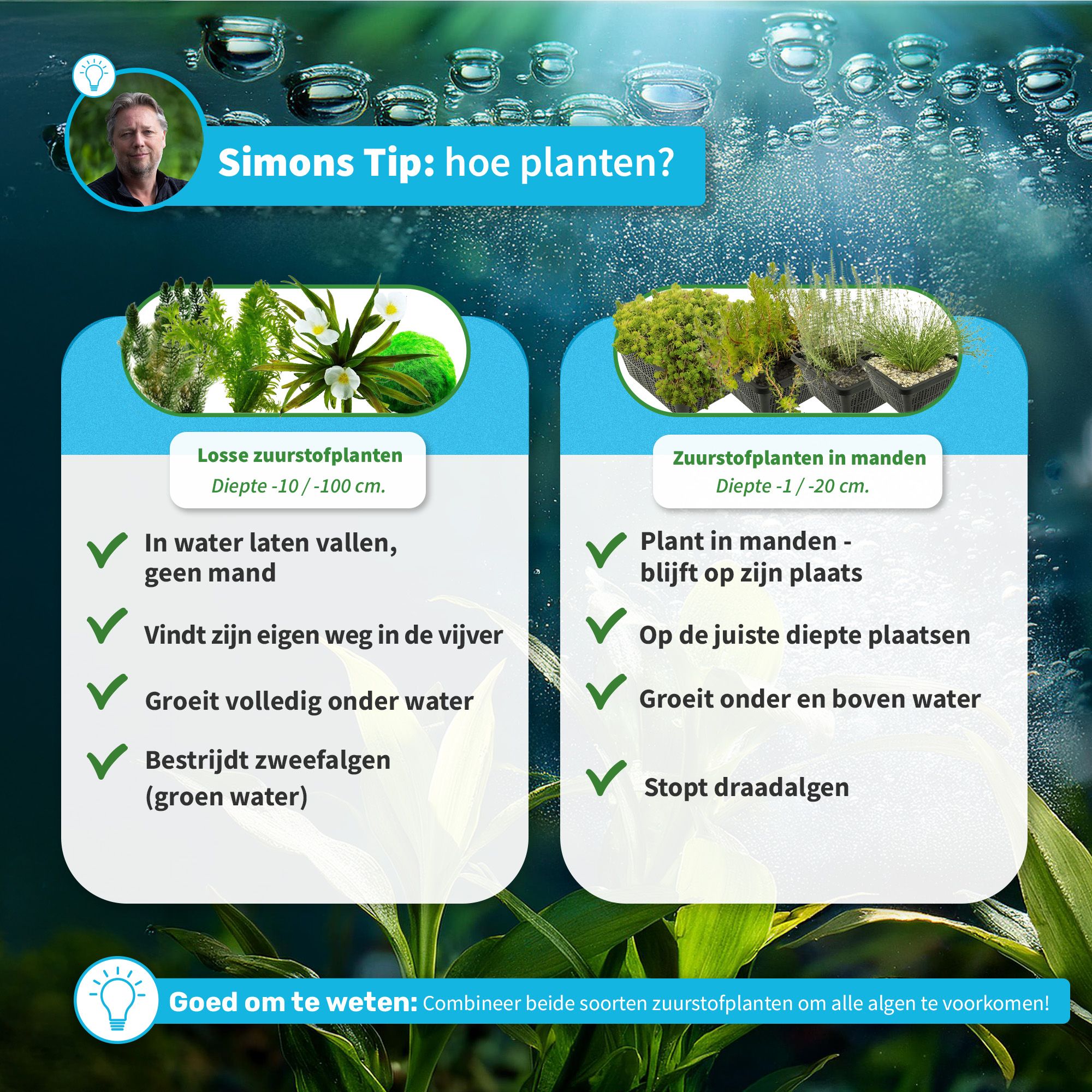How to Get Home Insurance to Cover Your Air Conditioner: A Step-by-Step Guide
Understanding When Home Insurance Covers Air Conditioners
Homeowners insurance can be a valuable resource when your air conditioner suffers sudden damage, but it is essential to understand the specific circumstances under which your insurer will pay for repair or replacement. Standard home insurance policies generally
cover air conditioning units
-including central AC systems and window units-only if the damage results from a
covered peril
such as fire, windstorm, hail, lightning, theft, or vandalism. Damage from normal wear and tear, neglect, or lack of maintenance is typically
not
covered
[1]
[2]
[3]
.
Types of Air Conditioner Coverage in Home Insurance Policies
Your policy will specify which type of coverage applies to your air conditioner:
- Dwelling Coverage : If you have a central AC system that is permanently built into your home, it is typically considered part of the structure and is covered under your dwelling policy. For example, if a tree falls during a storm and destroys your central AC, your insurer may pay for replacement minus your deductible [1] [2] [4] .
- Personal Property Coverage : Window units, portable ACs, and other non-permanent systems are considered personal property. Damage from a covered peril like burglary, fire, or vandalism may be reimbursed under your policy’s contents coverage [1] [2] [5] .
Step-by-Step Guide: Making Your Claim
Follow these steps to maximize your chance of having home insurance pay for your air conditioner:
1. Review Your Policy
Start by reading your homeowners insurance policy. Pay attention to sections on dwelling coverage , personal property coverage , and the list of covered perils . If you are unsure, contact your insurer directly and ask specific questions about air conditioner coverage. Insurers may vary in their definitions, particularly concerning what is considered part of the structure versus personal property [2] [3] .
2. Document the Damage
Gather clear, dated photos of the damage, as well as any incident reports (e.g., police report for theft, weather service alerts for storms). Keep receipts for the original purchase, past repairs, and maintenance. This documentation will be needed to support your claim and prove the damage resulted from a covered peril [4] .
3. File Your Claim Promptly
Contact your insurance company as soon as possible after discovering the damage. Provide all documentation and fill out the claim forms thoroughly. Be prepared to answer questions about the cause of the loss and the history of your AC unit. Prompt filing helps avoid delays and increases the likelihood of a successful claim [5] .
4. Cooperate With the Adjuster
Your insurer may send an adjuster to inspect the damage. Be available for the appointment, answer questions honestly, and provide all requested documentation. The adjuster will determine whether the loss is covered and estimate the repair or replacement cost. If you disagree with the adjuster’s findings, you can request a second opinion or provide additional evidence [4] .
5. Understand Policy Limits and Deductibles
Your insurance will only pay up to the policy limit and minus your deductible. For example, if your coverage limit for appliances is $2,000 and your deductible is $500, the maximum reimbursement will be $1,500. If the repair or replacement cost exceeds your limit, you are responsible for the difference [4] .

Source: moneypit.com
Common Covered Perils
Claims are generally approved only if the damage was caused by a covered peril . Common examples include:
- Fire or smoke
- Lightning strikes
- Windstorms and hail
- Explosions
- Falling objects (e.g., tree limbs)
- Theft or vandalism
It is important to note that each policy specifies which perils are covered. Damage from flooding, earthquakes, or routine mechanical breakdowns is not typically covered [3] .
What If Your Claim Is Denied?
If your claim is rejected because the loss was not due to a covered peril, or for other policy reasons, consider these alternatives:

Source: stellaradjusting.com
- Home Warranty Plans : These plans may cover breakdowns due to age or mechanical failure. They are separate from homeowners insurance and require a separate contract and premium.
- Endorsements/Riders : Some insurers offer endorsements or riders that specifically add coverage for appliances like air conditioners. Contact your insurer to ask about adding such coverage if it is not included in your base policy [4] .
- Local Assistance Programs : In some regions, energy upgrade programs may offer rebates or free installation for efficient AC units. Search for “energy assistance programs” or contact your local utility provider for details.
- Manufacturer Warranty : If your AC unit is relatively new, check for any remaining manufacturer’s warranty coverage.
Tips to Maximize Your Insurance Benefits
To improve your chances of successful reimbursement for your air conditioner:
- Keep detailed maintenance records to show your AC was well cared for.
- Install surge protectors to safeguard against lightning damage.
- Report any damage immediately to your insurer.
- Ask your agent about policy upgrades or endorsements for appliances.
- Document all communications with your insurer during the claims process.
Potential Challenges and Solutions
Homeowners often encounter challenges such as insufficient coverage, high deductibles, or disputes with insurers over the cause of damage. To address these:
- Appeal and Negotiate : If you believe your claim was unjustly denied, request a review, submit additional evidence, or consult a legal expert familiar with property insurance claims.
- Upgrade Your Policy : If your policy consistently falls short, consider switching insurers or upgrading your coverage to include broader protection for home systems.
Summary and Key Takeaways
Getting your home insurance to pay for your air conditioner requires a careful approach: understand your policy, document damage from a covered peril, and file your claim promptly. If your claim is denied, explore alternative solutions such as home warranties, endorsements, and local programs. Always use qualifying language and seek guidance from your insurer to ensure you have the coverage you need.
References
- [1] Progressive (2025). Does homeowners insurance cover HVAC units? Comprehensive explanation of covered perils and policy details.
- [2] Kin Insurance (2025). Does home insurance cover HVAC systems? Detailed breakdown of dwelling and personal property coverage.
- [3] Sealed (2023). What to do if your homeowners insurance does NOT cover AC. List of covered perils and alternatives.
- [4] Krapf Legal (2024). How to Get Home Insurance to Pay for Your Air Conditioner. Step-by-step documentation and claim guidance.
- [5] Voss Law Firm. TX Homeowners Insurance Claims for a Damaged HVAC System. State-specific coverage and claim process.
MORE FROM hotondeals.com













